The Hidden Risks of Third-Party API Dependencies

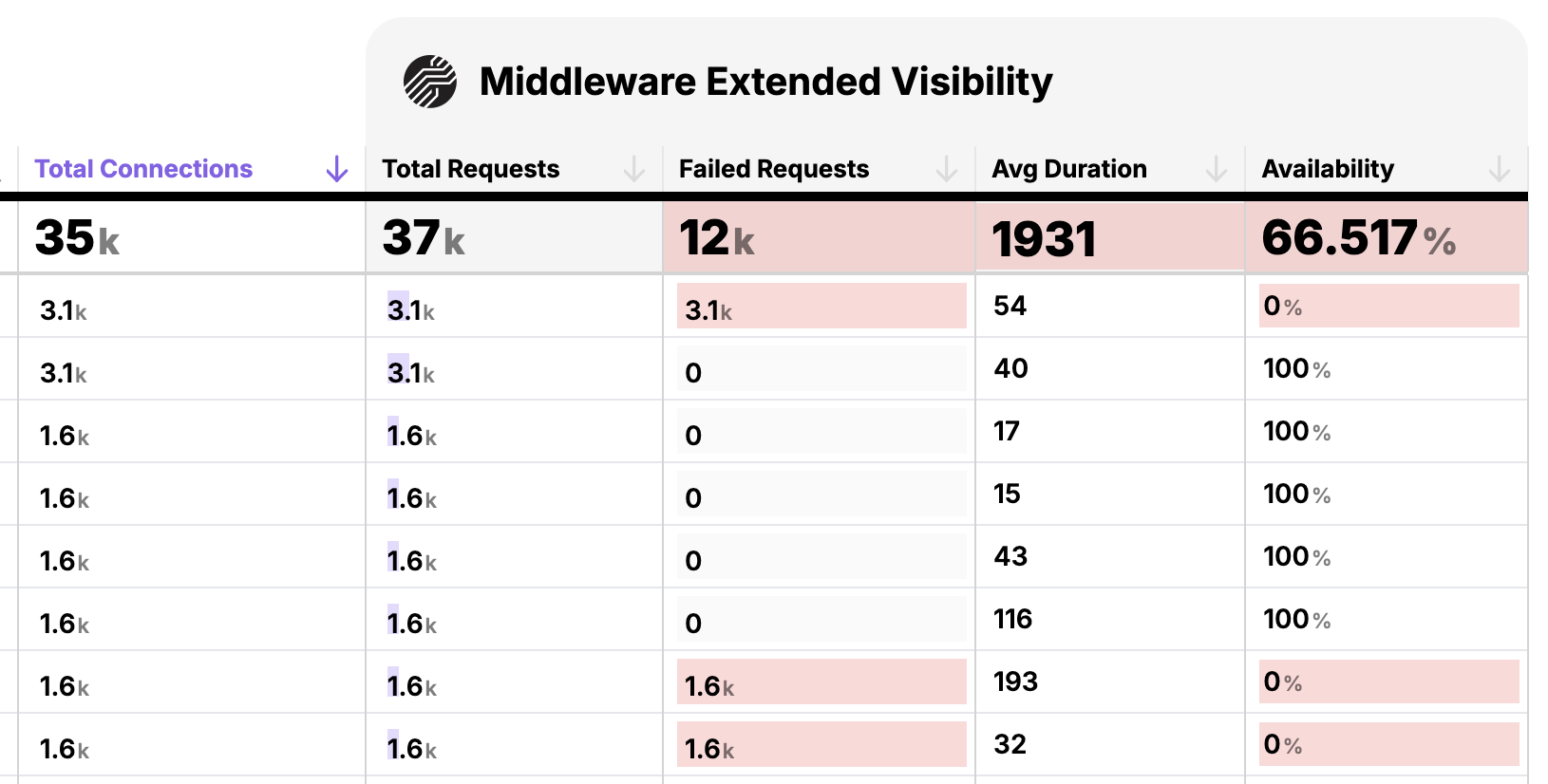
The Hidden Risks of Third-Party API Dependencies
The rapid shift to cloud-based infrastructure and services over the last decade has completely transformed how production applications are built and deployed. Today’s modern platforms rely on a growing web of third-party APIs to enable essential functions like payments, analytics, authentication, and many others. These integrations deliver incredible value and speed up time to market for new features, but they also bring unique risks and challenges that can disrupt operations, drive up costs, and jeopardize compliance.
What Are Third-Party APIs?
The term "third-party API" refers to the interface that an external SaaS provider makes available to developers to access the functionality and data offered by their service. Think of APIs for payments, analytics, or cloud services—which are not developed in-house but are critical to your platform’s success. Unlike first-party APIs, which a company develops internally, third-party APIs are managed and controlled by external vendors. The lack of direct control over these endpoints introduces challenges like limited visibility, unpredictability, reliability impacts, and increased security risks.
The following sections explore the key risks associated with third-party APIs and how Qpoint can help.
Third-Party API Observability Gap
Most teams simply don’t understand the full scope of their third-party API dependencies. Hidden connections to unknown endpoints or undocumented integrations lead to blind spots for operators. These gaps make it difficult to monitor what data is leaving your environment and which vendors your applications depend on.
Qpoint leverages eBPF to automatically discover and catalog all third-party connections with zero impact to dev teams. With real-time monitoring of traffic (including the payloads), you can finally see what’s happening across your third-party API footprint and address risks before they escalate.
How Qpoint provides value:
Discovery & Cataloging: Automatic creation of a real-time inventory of all third-party API integrations
Real-Time Monitoring: Full visibility into external traffic, including headers and payload metadata.
Proactive Insights: Highlight unexpected or redundant connections to help optimize and reduce risks.
**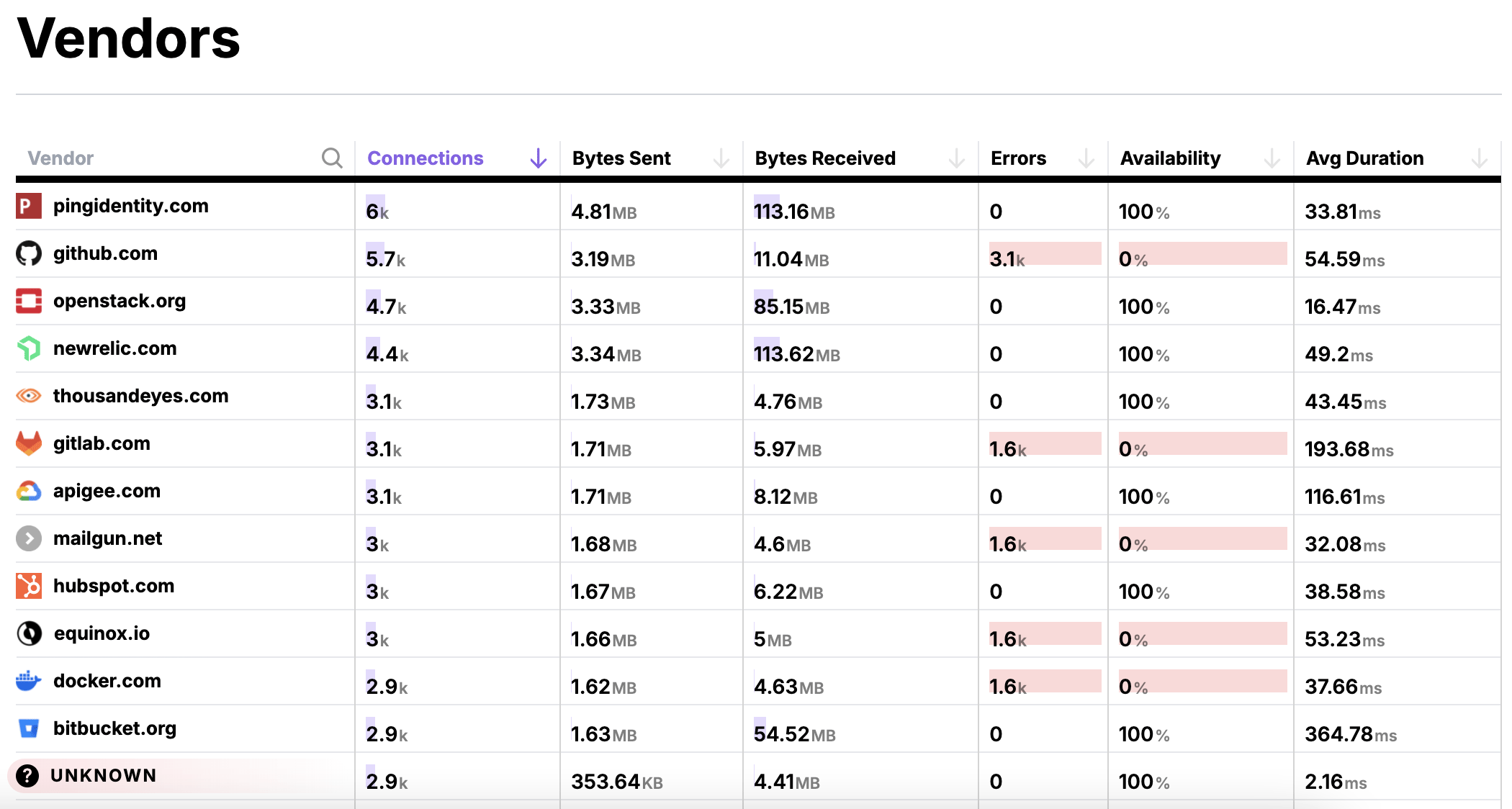 **
**
API Performance and Reliability Risks
Third-party APIs can fail, and when they do, the impact can ripple through your production applications. Outages, rate limits, and intermittent failures degrade user experience and complicate troubleshooting. Without detailed insights, resolving these issues can take hours—or worse, you might not realize there’s a problem until users complain.
Qpoint monitors external APIs in real time, alerting you to errors, slowdowns, or rate-limit risks before they cause major disruptions. Detailed logs help you pinpoint the root cause quickly, to minimize downtime and improving reliability.
How Qpoint provides value:
Error Detection & Alerting: Monitor for and notify teams of API errors or anomalies in real time.
Rate-Limit Monitoring: Track usage patterns against API thresholds, alerting before limits are reached.
Root Cause Analysis: Provide detailed logs and insights to troubleshoot external service failures faster.
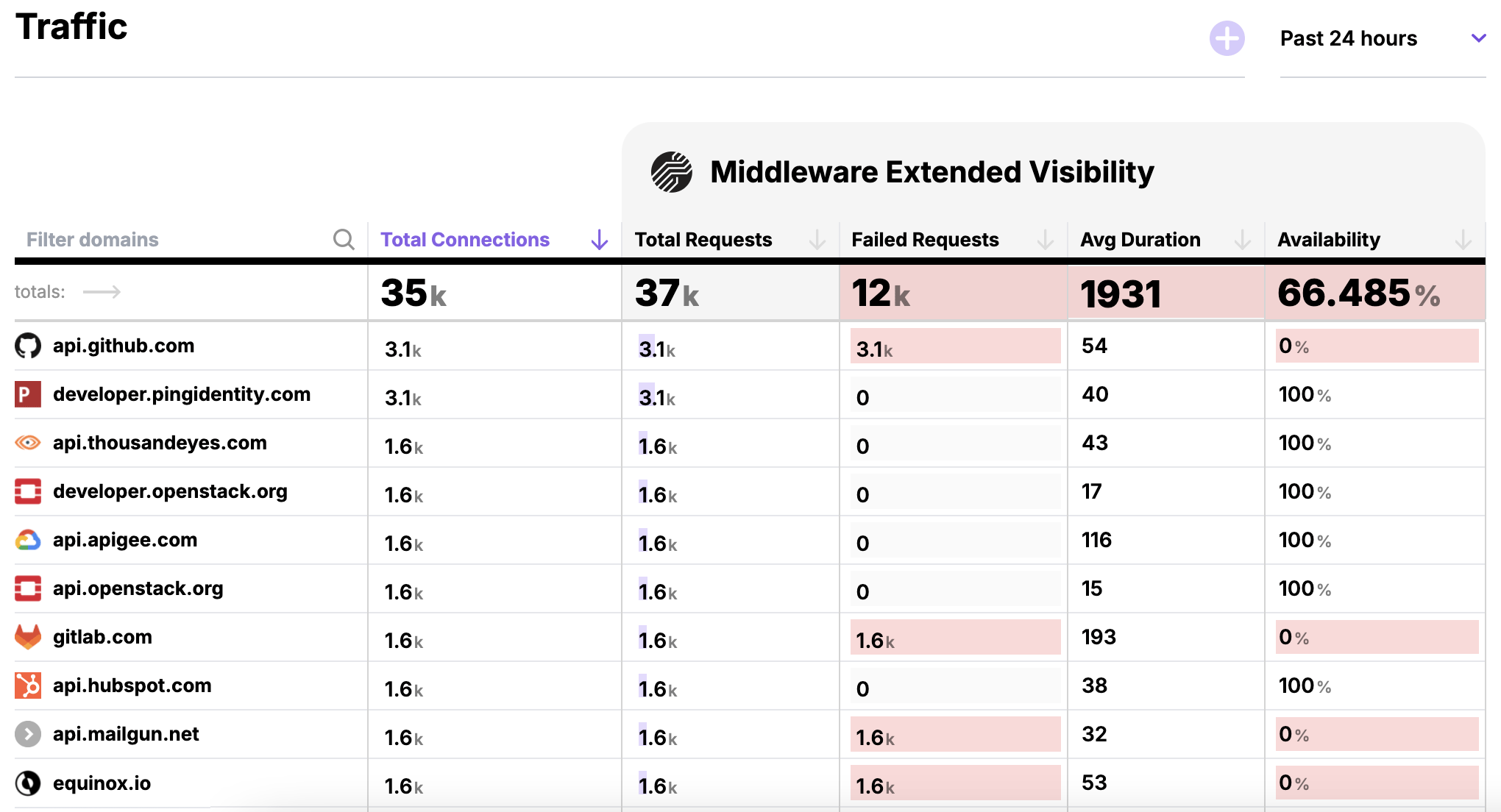
Unnecessary or Hidden Costs
Third-party APIs don’t just cost money to use—they can quietly drive up expenses without you noticing. Inefficient traffic patterns, redundant services, or excessive polling inflate bandwidth usage and cloud costs.
Qpoint provides granular usage metrics, helping you track consumption across both third-party APIs and your own applications. By optimizing redundant traffic and aligning usage with business priorities, you can reduce unnecessary spending and improve cost efficiency.
How Qpoint provides value:
Usage Metrics: Provide granular data on API consumption by API, application, or team.
Cost Attribution: Help allocate API and bandwidth costs to specific business units or projects.
Traffic Optimization: Identify redundant or chatty API calls to streamline interactions and reduce expenses.
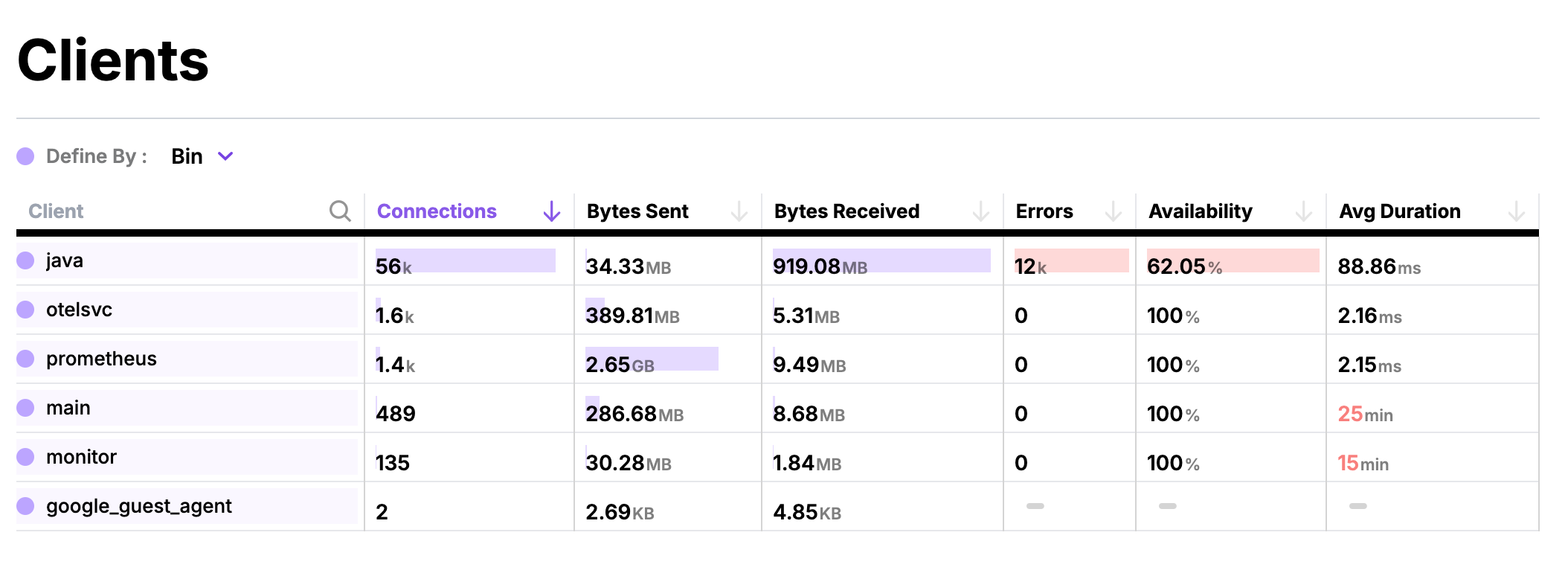
Sensitive Data Exposure and Compliance Risks
API interactions often handle sensitive data, but without proper oversight that data can be inadvertently exposed to the wrong vendors, creating security risks and potential regulatory violations. Compromised API tokens or misconfigured integrations can also lead to unauthorized access or data breaches.
Qpoint helps teams detect and address these risks by monitoring for sensitive data in transit and maintaining detailed audit logs of every API interaction. Qpoint enables a team to catalog sensitive data by application and endpoint, track API token usage, and ensure compliance with regulations like GDPR or HIPAA.
How Qpoint provides value:
Sensitive Data Mapping: Detect and alert on sensitive data flowing through external traffic.
Audit Trails: Maintain logs of every interaction with external APIs for compliance and reporting.
API Token Visibility: Track API token usage to ensure proper access levels, detect anomalies, and mitigate potential abuse.
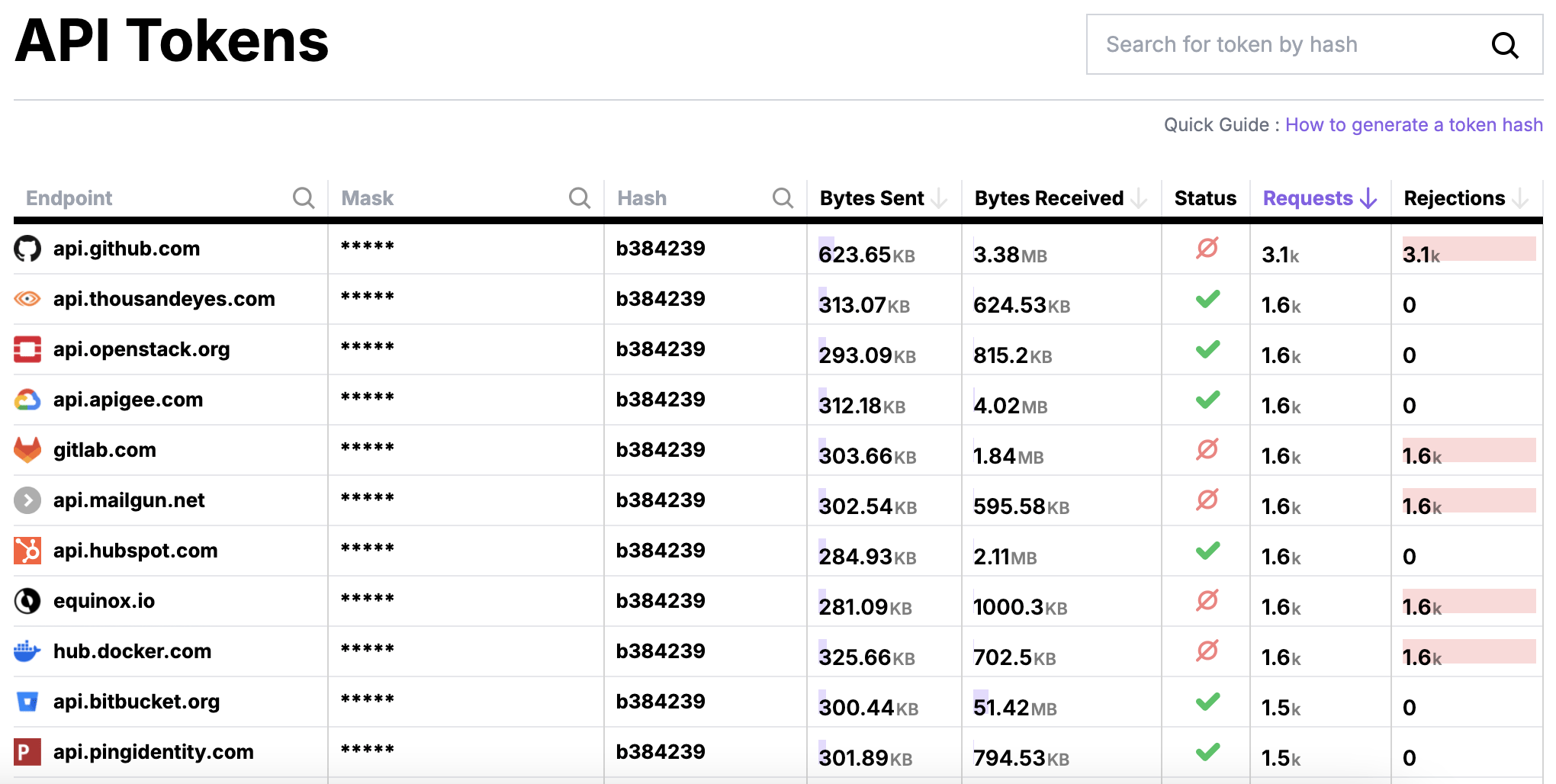
Operational Inefficiencies
When an issue arises with a third-party API, debugging is often slowed by siloed tools and manual workflows. Teams waste time chasing incomplete data which delays incident response and impacts platform performance.
Qpoint streamlines operations by consolidating third-party API monitoring, error tracking, and logging in one platform. Actionable insights and real-time alerts reduce response times, while detailed logs simplify troubleshooting, enabling developers to spend more time building features and less searching for problems.
How Qpoint provides value:
Centralized Insights: Consolidates external API monitoring, error tracking, and cost attribution for efficient operations.
Proactive Notifications: Real-time alerts with actionable details reduce response times and prevent cascading failures.
Detailed Audit Logs: Captures complete records of API interactions to aid in troubleshooting and compliance.
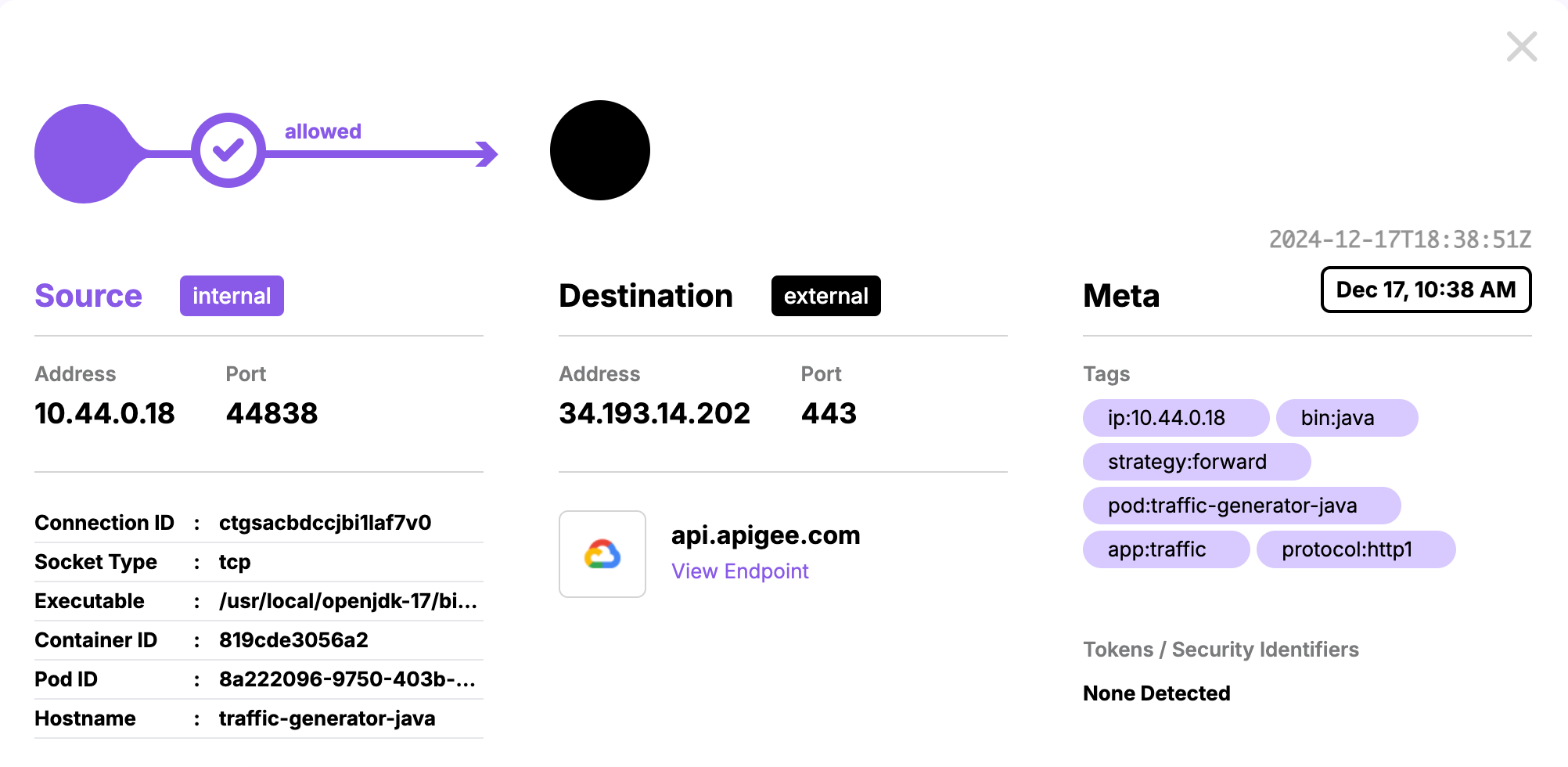
Blind Spots in Customer-Driven API Traffic
Heavy platform usage by your customers often translates into increased third-party API activity, which can result in hidden costs, performance bottlenecks, or rate-limit breaches in the absence of proper tracking and context. Worse, when an API error impacts customer experience, it can be difficult to trace and resolve.
Qpoint enables a team to map third-party API activity directly to customer interactions, providing the visibility you need to manage high-usage customers and prevent disruptions. Cost attribution by customer segment helps with budgeting, and proactive alerts ensure that your platform stays ahead of risks from third-party outages or throttling from rate limits.
How Qpoint provides value:
Customer-Centric Tracking: Maps external API interactions directly to customer activity for granular visibility.
Detailed Audit Logs: Links third-party API errors to individual customers, enabling faster issue resolution.
Cost Attribution: Tracks API consumption per customer to support resource optimization and budgeting.
Real-Time Monitoring & Alerting: Notifies teams when customer-driven API usage risks rate limits or service disruptions.
Take Control of Your Third-Party Dependencies
Third-party APIs are the backbone of modern platforms, enabling essential functionality and faster innovation. However, the risks that are introduced—hidden dependencies, unexpected costs, performance disruptions, and compliance challenges—should not be ignored. Qpoint empowers your team with real-time visibility, actionable insights, and granular control over your third-party integrations to enable proactive management of these critical dependencies, ensuring that your platform remains reliable, cost-efficient, and secure as your business scales.
Get started today with Qpoint’s free tier to discover your third-party API footprint in minutes. Check out our documentation, take it for a spin, and let us know what you think!